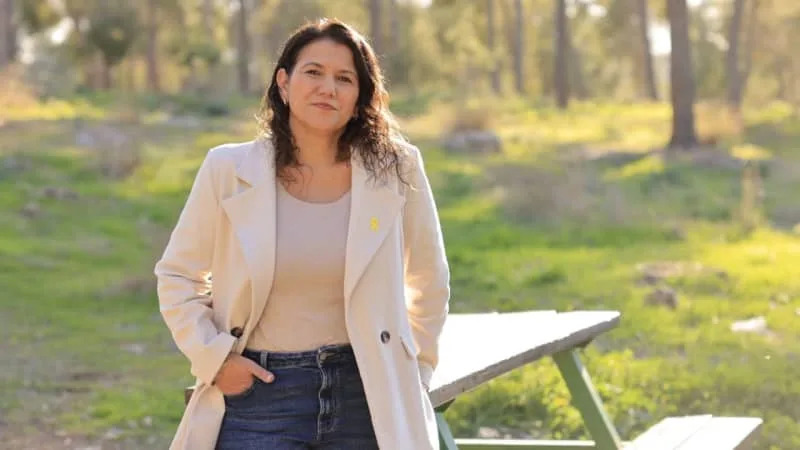Keren Kayemeth LeIsrael – Jewish National Fund (KKL-JNF) has unveiled a new initiative aimed at revitalizing Israel’s northern and southern communities, which have been significantly impacted by nearly two years of conflict. The plan, approved by KKL-JNF’s executive board earlier this week, focuses on developing housing in seven towns: Yeruham, Dimona, Arad, Kiryat Shmona, Shlomi, Acre, and Nahariya. This strategic move is designed to strengthen these war-hit areas through long-term communal frameworks and housing subsidies.
The initiative is spearheaded by graduates of pre-military academies, known as mechinot, who are committed to fostering community resilience and social cohesion. KKL-JNF plans to purchase high-quality residential clusters in the targeted towns, offering them to young adults at regulated prices. This approach aims to attract and retain young talent in these regions, thereby stimulating local economies and rebuilding community structures.
Rebuilding Communities Through Strategic Investment
KKL-JNF Chairwoman Ifat Ovadia-Luski emphasized the organization’s role in national recovery efforts, stating,
“KKL-JNF is standing at the forefront of national recovery—not only in rehabilitating infrastructure, but in rebuilding communities and restoring social cohesion.”
This initiative reflects KKL-JNF’s commitment to revitalizing Israel’s periphery and strengthening the country’s social fabric.
The project is not merely about constructing buildings; it is about creating sustainable communities. By involving mechina graduates, who are among the most dedicated young people in Israel, KKL-JNF is ensuring that the initiative is driven by individuals with a strong sense of mission and community spirit. Ovadia-Luski added,
“This is Zionism in action—not just a slogan, but a way of life.”
Historical Context and the Path Forward
The announcement comes as Israel continues to grapple with the aftermath of prolonged conflict, which has left many towns in the northern and southern regions struggling to recover. Historically, these areas have faced challenges related to economic development and population retention. The new housing initiative seeks to address these issues by providing affordable living options that encourage young adults to settle and contribute to local communities.
Once the pilot phase is successfully completed, KKL-JNF intends to expand the program to include more towns and key populations such as teachers and community service professionals. This expansion is crucial for ensuring that the benefits of the initiative are widespread and inclusive, fostering a diverse and resilient population base.
Expert Opinions and Future Implications
Experts in urban development and social policy have praised KKL-JNF’s approach, noting that housing initiatives like this can serve as catalysts for broader economic and social revitalization. By focusing on young adults and community service professionals, the program targets groups that are vital for long-term community sustainability.
According to Dr. Miriam Cohen, an expert in regional development,
“Investing in housing is one of the most effective ways to stabilize and grow communities. When people have secure and affordable places to live, they are more likely to invest in their surroundings, both economically and socially.”
The move represents a significant step forward in KKL-JNF’s ongoing efforts to support Israel’s peripheral regions. As the initiative progresses, it will be closely watched for its potential to serve as a model for similar programs in other parts of the country.
Meanwhile, local leaders in the targeted towns have expressed optimism about the potential impact of the initiative. They see it as an opportunity to not only rebuild but also to innovate, creating communities that are better equipped to face future challenges.
In conclusion, KKL-JNF’s housing initiative is a bold and strategic effort to rebuild and strengthen Israel’s war-affected communities. By focusing on sustainable development and community cohesion, it promises to lay the groundwork for a more resilient and vibrant future.
